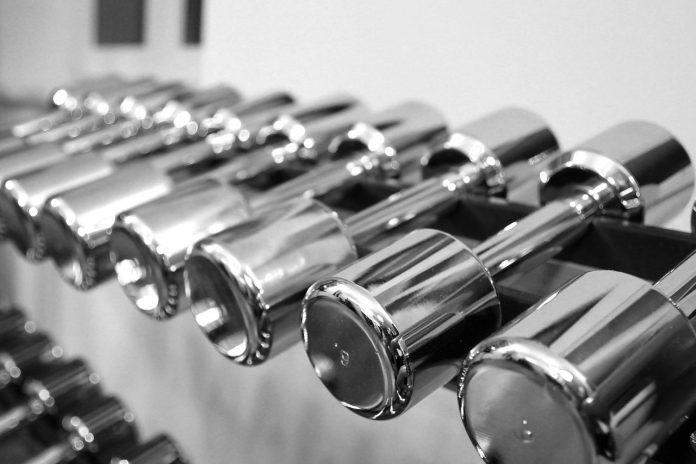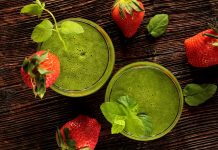
First, talk to your doctor before starting any diet or exercise.
Dr. Dean Ornish’s diet incorporates whole plant-based foods (vegetarian) rather than processed foods (veggie burgers or crumbles) while limiting total fat to 10%. The very low-fat aspect eliminates all fats including butter, margarine, oil including olive, mayonnaise, nuts, avocados, olives, coconut, and seeds. The fat you do get is from grains, legumes, soy and dried beans. Fat-free dairy products and egg whites are allowed. Calories are not limited. Exercise, support, and stress management are also included in this program. Ornish’s scans showing before and after views of blocked blood vessels shows impressive results where blood vessels have reduced blockage. Since the Ornish diet results in weight loss as well as a decrease in cholesterol levels, I am not sure how much of the unblocked blood vessels is due to the Ornish diet and how much to weight loss by any diet. The diet is very strict and some people may find it difficult to follow long term. However, the threat of a heart bypass operation to replace blocked arteries or a stent to open blocked arteries is a great motivator to stick to the Ornish diet.
If your diet has less than 1 teaspoon of soybean oil (linoleic and linolenic fatty acids) per day you could develop a fatty acid deficiency. This can come from full-fat soy foods like tofu or soy milk. Symptoms are red, irritated skin, infections, and dehydration. Also, the liver processes food fat and may develop abnormalities if fatty acids are deficient.
Your body uses fat to synthesize hormones and regulate blood pressure as well. Dietary fat also carries fat-soluble vitamins A, D, E and K which could also become deficient if fat is too restricted.
Diets of less than 25% fat tend to reduce feeling satisfied after a meal. Bulimics tend to binge on carbohydrates when fat falls below 20%. The current recommendations are 25 to 30% calories from fat.



